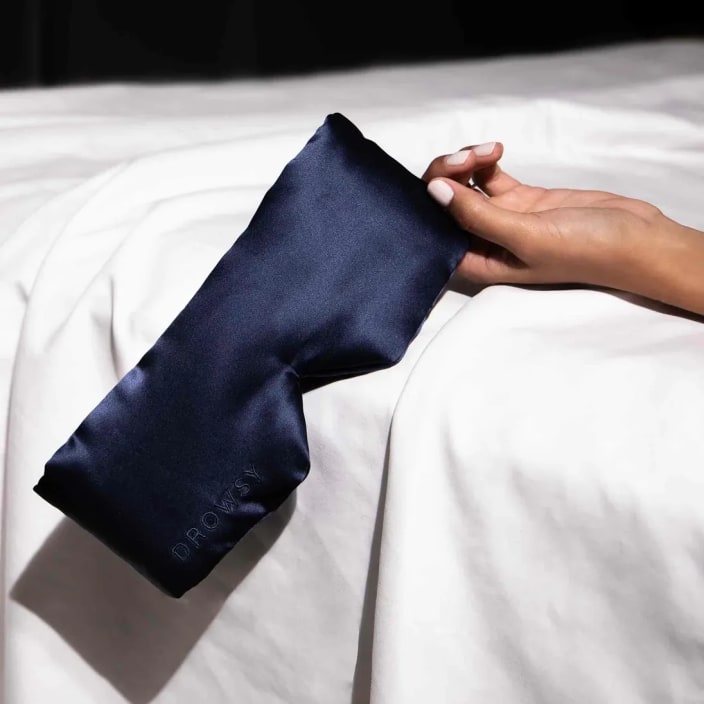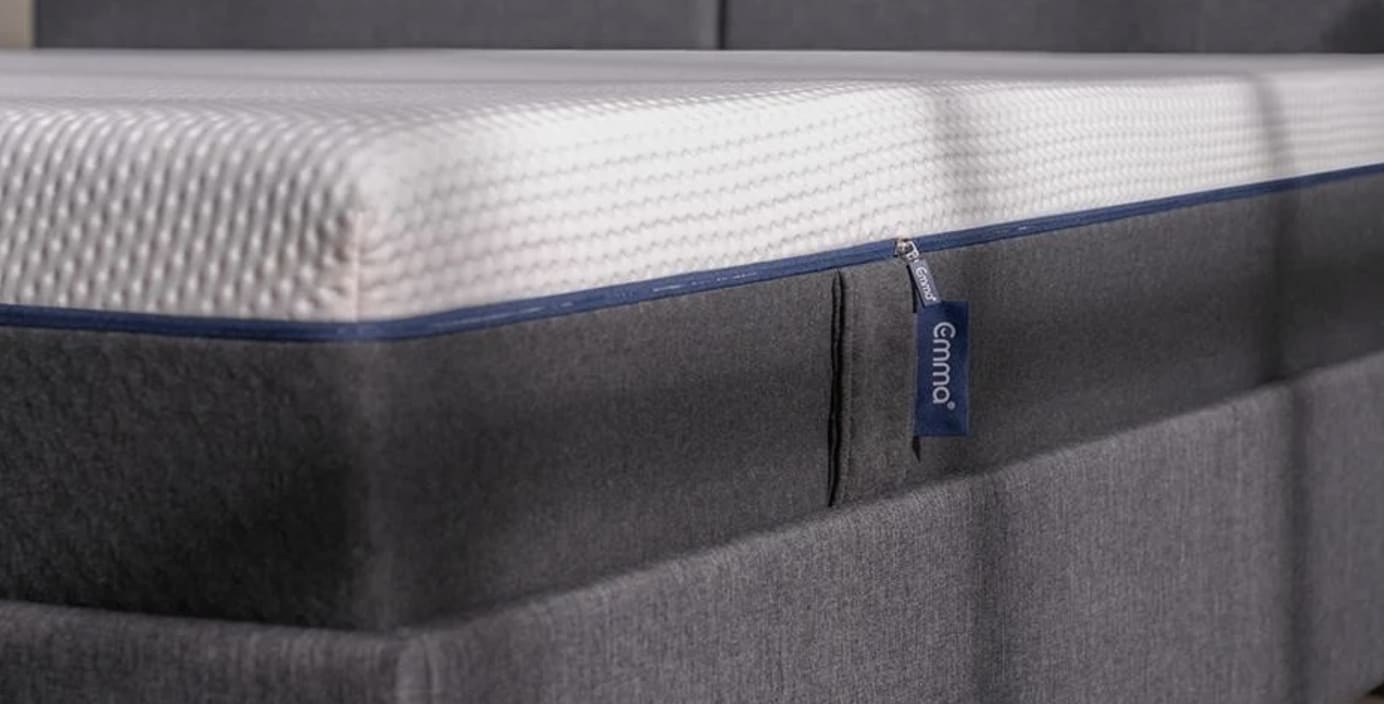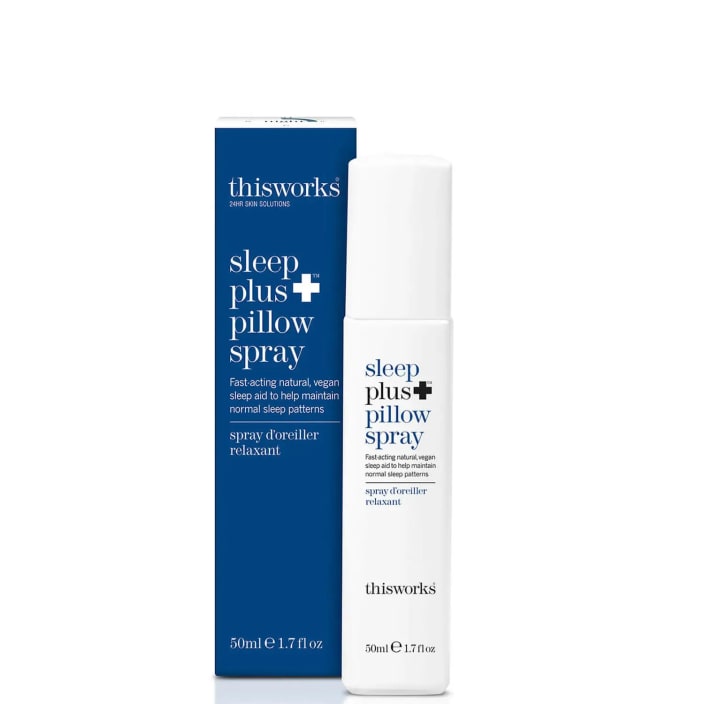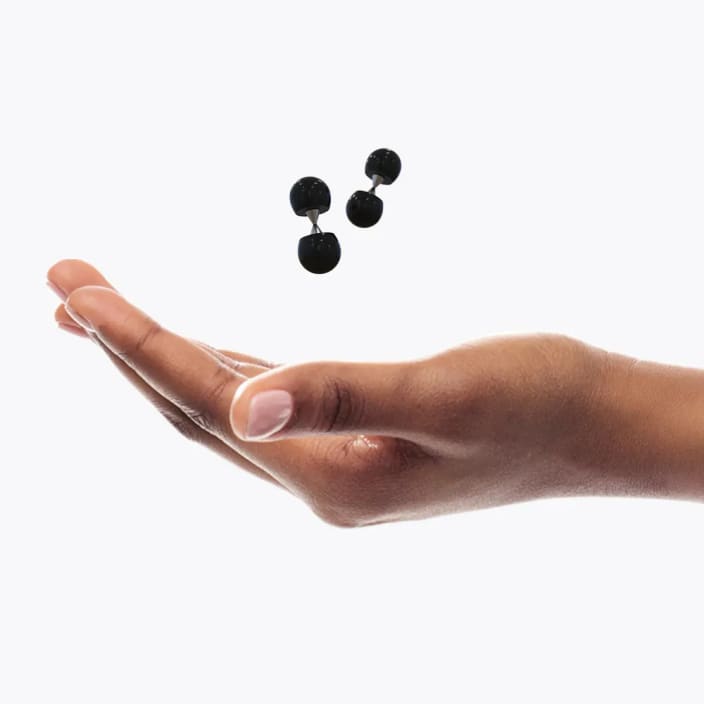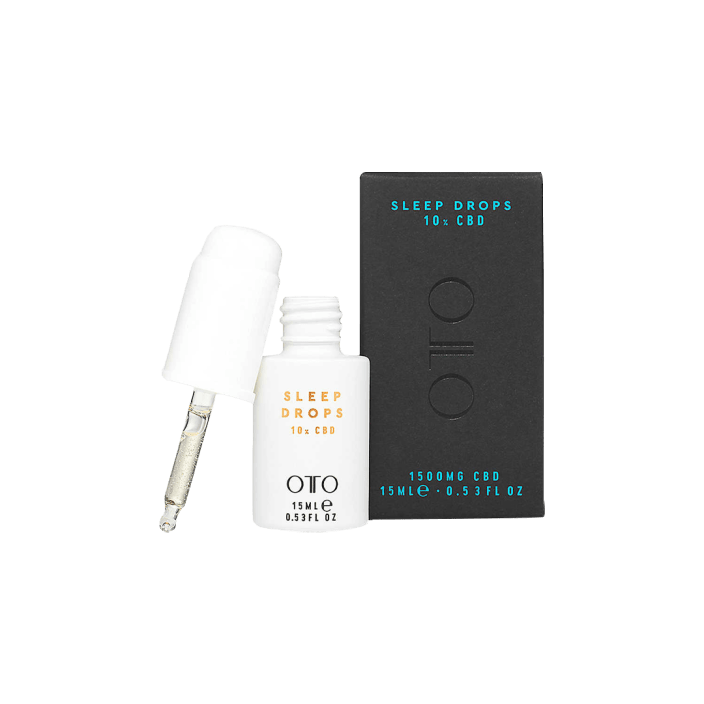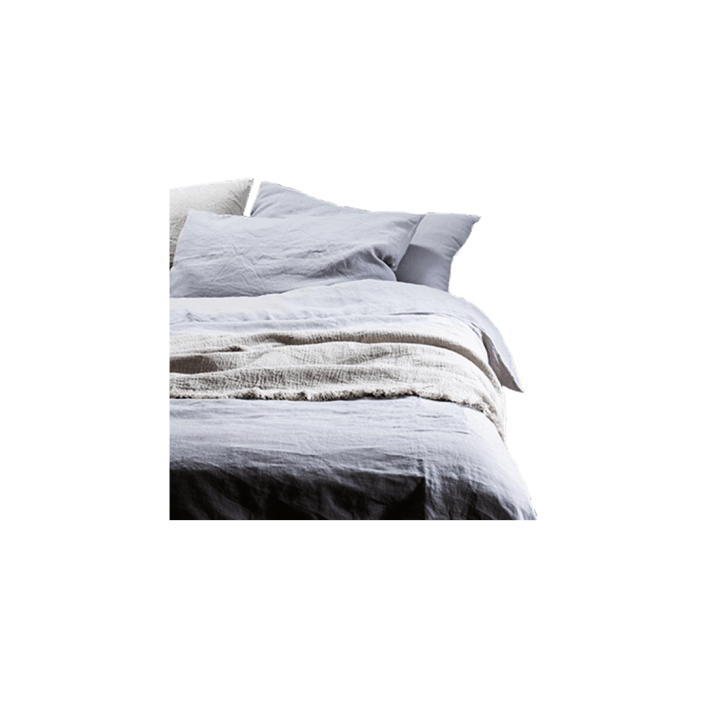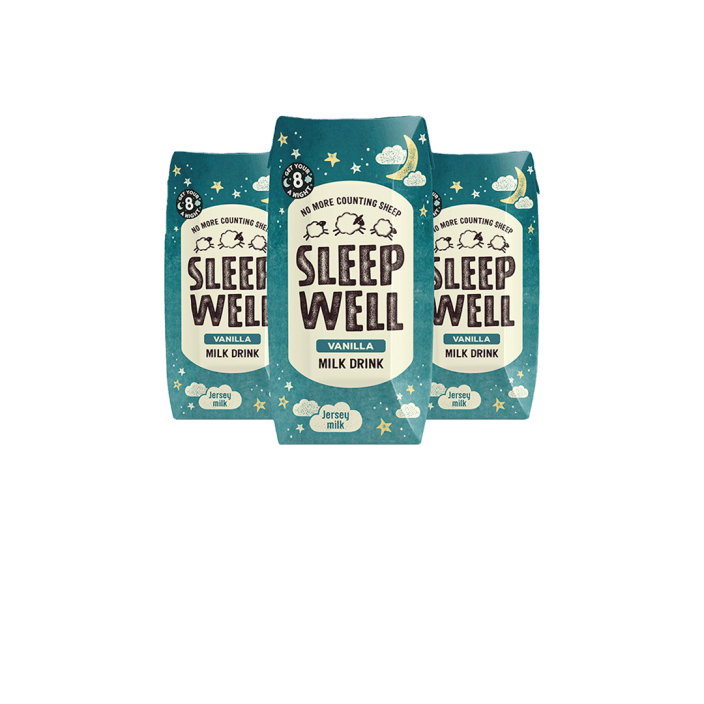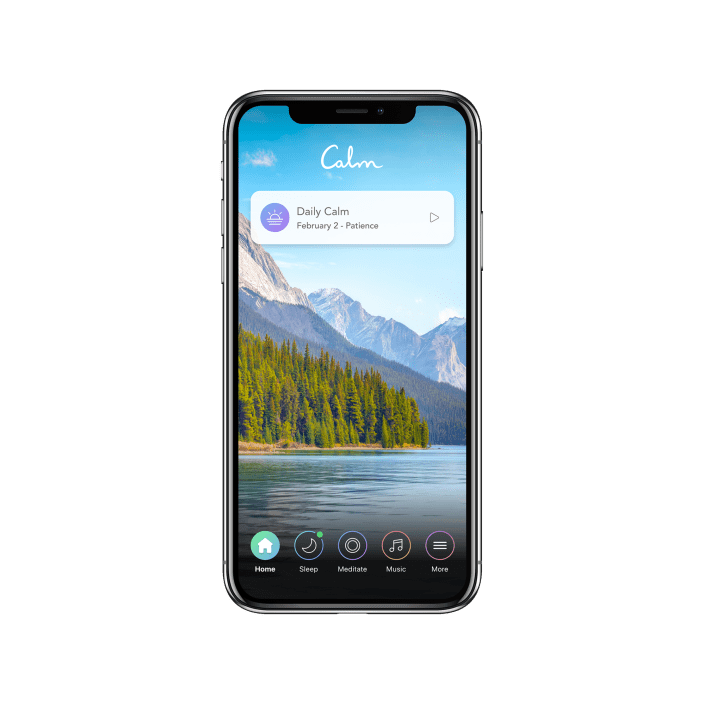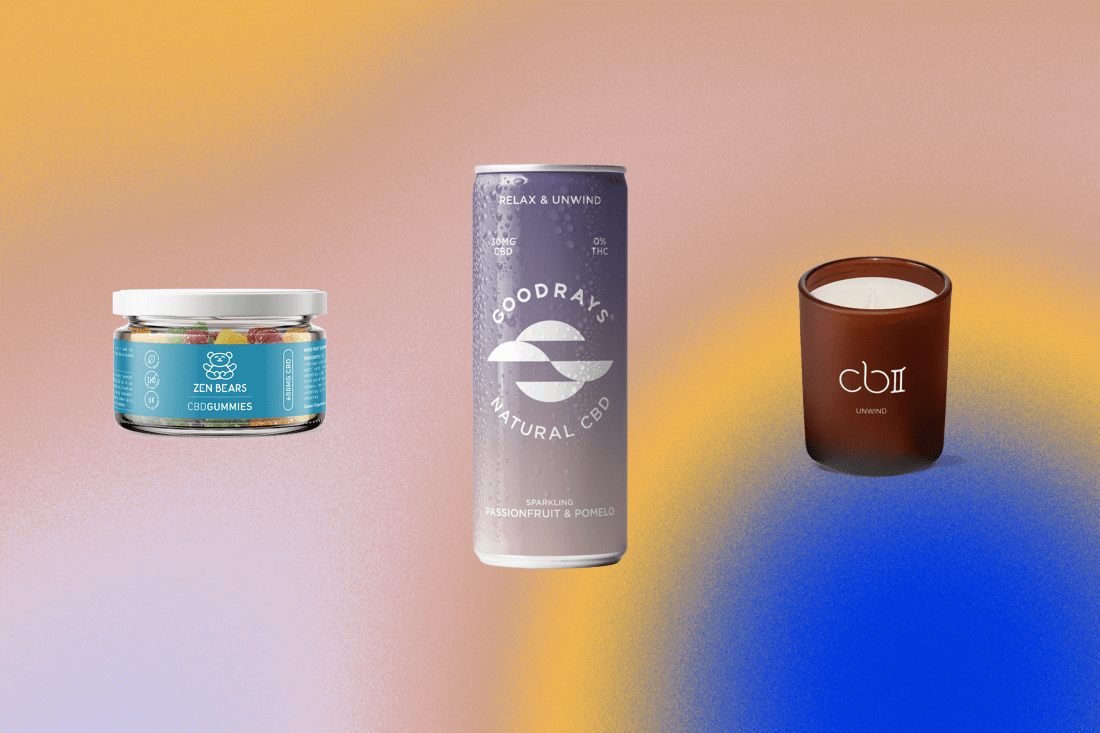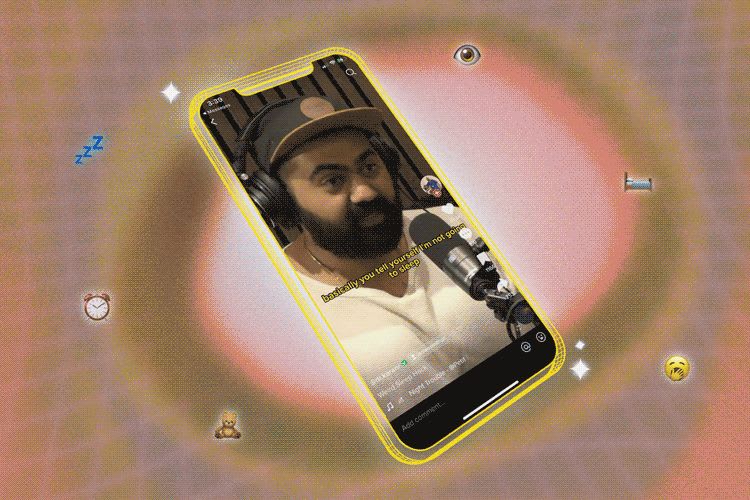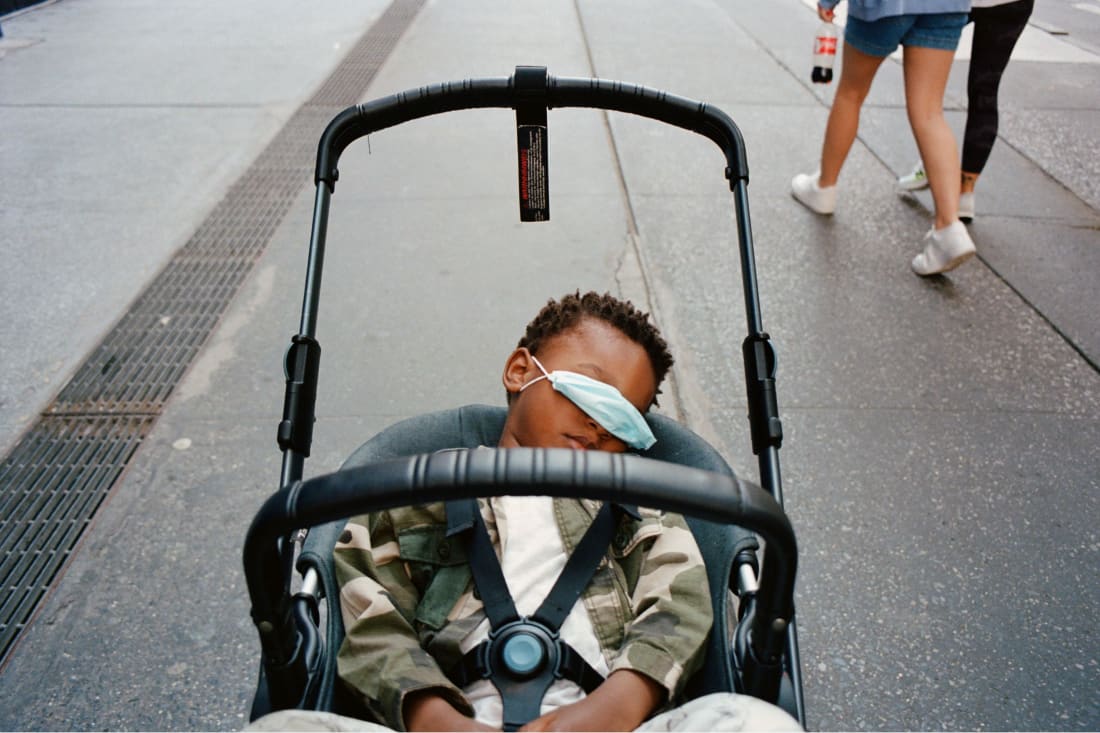I tried to manipulate my circadian rhythm
Can a night owl become an early bird? This writer tried to
Can a night owl become an early bird? This writer tried to
I’ve had a love-hate relationship with sleep since I was 14. I love to sleep, or at least to try and sleep, I find its healing powers miraculous, dreams incredible, rest important. But sleep doesn't love me. Throughout most of my teenage years and early 20s, it would be rare for me to get more than five hours of sleep a day. Often, in particularly bad phases, I’d sleep for an hour and a half, waking up about halfway through that for weeks on end and then the doctor would prescribe me sleeping pills. I’d get a good eight hours for the week I was on those, and then it’d be back down to five.
There is a condition called short sleeper syndrome (SSS), where people can get less than six hours of sleep a night without it affecting them. I do not have SSS, five hours was never enough sleep for me. Fatigue was a constant. Physically, my legs would cramp daily from not getting the rest they need. Cognitively, I’d be constantly trying not to drift off all the time, and cosmetically, I was very, very preoccupied with eye cream (and still am). Of course, as you do when you’re very tired but are trying to study hard, or impress in your earliest career moments, I counteracted the lack of sleep with caffeine. Not usually a crazy amount, but at least three cups of coffee and an afternoon Diet Coke at minimum. This of course, does not help you sleep, but it does perk you up enough to get through the day. A Catch-22, they call it. I quit caffeine a few months before I started this experiment because it was contributing to my anxiety, and at the time, panic attacks.
All of this is to say, I’ve been preoccupied with the idea of sleep for a long time, just over a decade. These days, my relationship with sleep is better. I get roughly seven hours a night. The problem for me is that naturally those hours tend to be between 2am and 9am, often a little later. I start work at 9:30am. Also, I get too little deep and too much REM sleep, according to the data on my watch. REM (rapid-eye-movement sleep) is “the key to our emotional and creative energy” and comparable to “self-therapy” according to Dr. Alex Dimitriu. Deep sleep is needed for “repairing and restorative functions that are necessary to feel your best each day” according to Sleep Foundation. Night owls are sleepy in the morning, they experience lower cognitive and physical performance at these times as a result. Regardless of what causes this, I'm often groggy for the first hour of work, stressed for the next three, and then half asleep from 3-4pm, only really waking up again around 4:30pm, which is when I enter a form of flow state and manage to get my work done well.
The other problem is that my circadian rhythm forces me into living like a night owl. Our circadian rhythms “are physical, mental, and behavioural changes that follow a 24-hour cycle”. In the context of sleep, they're our body clock. They control when we want to sleep, and when we want to wake. I’ve always been a night owl, so I’m accustomed to having my creative bursts at 10:30pm and tip-toeing around the flat to make a midnight snack. But I’d rather not be like this. I’d like to switch from night owl to morning person. I have genuine envy for those who can enjoy morning sunlight, go to the gym, and cook themselves a good breakfast before even starting work. Because by contrast, I rush to work, spend it half asleep, and then spend evenings having to choose between exercise (which I’m increasingly realising makes me feel better in a variety of ways) or socialising. As an extroverted night owl, I tend to be fatigue-free when socialising, so it doesn’t affect friendship very much thankfully.
Dr Luke Pratsides, GP at Numan, says; “to promote good sleep it is best to avoid exercise in the three-four hours prior to the time you want to sleep.” I was typically exercising between 7-9pm, so this adds even more incentive for me to learn to exercise in the morning before work.
The envy I have is even more valid when you consider that night owls are at a disadvantage in the more serious and boring bits of society: mornings, starting times for work, school, and professional meetings; as well as other things we have to attend to before work due to morning-person opening hours, like visiting post offices and banks, or getting nice pastries at the popular bakeries before all that’s left is pain au raisin (no offence, pain au raisin).
There is also a link between being a night owl and depression according to an article in the National Library of Medicine. The study conducted by Professor Celine Vetter, tested over 32,000 “middle-to older-aged women” and found that there might be a correlation between depression and chronotype, with night owls reporting higher rates of depression. Envy isn’t really my style. So I decided I was going to see whether I could turn from night owl to morning person. I was going to try and manipulate my circadian rhythm.
Night owl and morning person - aka early bird - are phrases we give to chronotypes. Chronotypes are “the natural inclination of your body to sleep at a certain time” according to the Sleep Foundation. If you’re not sure which of the two you are: in 2009 neuroscientists found that morning people’s brains were most excited at 9am, and evening people’s brains were most excited at 9pm, which makes sense, doesn’t it? Unfortunately, evidence says that these are hard-wired to an extent, but there's still plenty of research suggesting it’s possible to manipulate circadian rhythm: common treatments with some success include healthy lifestyle changes, bright light therapy, and melatonin.
I decided to set myself an ideal way to sleep. Whether I’d achieve it or not, having something to work towards felt wise. I wanted to get to a position where I’d be waking up at 6am, which meant going to sleep between 10 and 11pm. I didn’t want to set a timeframe for achieving it, but I’m writing this two months on.
The same Sleep Foundation article “How to Become a Morning Person” details tips for manipulating circadian rhythm, taken from a study where participants improved theirs. These tips include: “Closely maintaining this sleep schedule, even on days off from work or school” though research says the wake-up time being consistent is the most important factor. It also suggests those trying to manipulate their circadian rhythm should be “Getting as much outdoor light as possible during the morning, and limit their light exposure at night” (no screens, basically); and “rescheduling exercise for the morning instead of the afternoon or evening”.
I decided to try and follow these best I could. I also decided to make sure I was being consistent with my vitamin D, as vitamin D plays an important role in the production of melatonin, the sleep hormone. ‘[Vitamin D] is produced in the pineal gland when it gets dark (as the light fades) and is crucial for the maintenance of the circadian rhythms” says Dr Deborah Lee, of Dr Fox Online Pharmacy. I also decided to use a SAD lamp (specifically this one) to help me get more light exposure in the mornings (I found initially I was too groggy to go for a walk so I just lay in bed with the lamp on, which I enjoyed). I also take a vitamin B complex, magnesium, and CBD oil when anxious. In addition to this, I have lavender essential oil which I apply before I go to bed. 5-HTP is also good for sleep according to Dr Lee and I have used the supplement before, but decided not to in this instance, to keep things as natural as possible.
The plan was to shift my entire day 15 minutes earlier for the first week, and to then go 15 minutes earlier the week after, and the week after (you’d shift forward an hour a month doing this, and that seemed like a good pace). Doing it gradually meant I’d feel less tired, and it would be more sustainable.
However, I found implementing “ordinary changes” very difficult, especially early on. Going to sleep earlier was impossible, even though it was just 15 minutes. I never had a fixed bedtime previously, I’d just go to bed when I was tired, but figured that was usually around 00:30am, so I was making a point of being in bed for 00:15. I always found I’d spend those 15 minutes telling myself I couldn’t sleep, and that would set the tone for the rest of the night. I do breathing exercises often to help with anxiety, I’m yet to be mindful enough to know how to do them when I can’t sleep. My alarm(s) were set for the same time every morning, so I was getting up earlier in theory, but only by 15 minutes at this point, and I felt as groggy as ever.
At the end of the first month I was going to bed at 11:30pm and waking up at 7:30am, I’d generally be groggy, I was not exercising in the mornings because I didn’t have time, but I was getting into work half an hour earlier and making a decent breakfast. Generally, being as tired as normal, just an hour earlier, felt like a small win. It was as though I’d been living with jet lag for most of my life, and had managed to shift the time zone slightly in my favour.
For the next few weeks, I kept the timings consistent. I stopped trying to be earlier, and within a few weeks I was waking up better. I think in part, this might have been because I sleep with my blinds open, and the sun has started to say hello in the morning, thus helping me to wake up with the best form of sunrise alarm there is: actual real sunlight. When I had a week of feeling good and being out of bed soon after waking, I decided to try to aim earlier again.
Then, life started to get in the way. After two and a half weeks of prioritising my sleeping habits over most other things, something had to give. A duo of bank holiday weekends arrived. During these, I was out with friends until the early hours, sleeping in rooms and on sofas that weren’t mine, waking up at 6am because of alcohol, and soon enough I found my sleeping habits slipping. I was still, miraculously, getting up at 7:30am (with an alarm) for the most part, but some nights I wasn’t sleeping until 3am (sober or otherwise). This again, meant I was waking up tired.
I worried this would completely derail my progress, but I actually found that I was able to readjust to my 7:30am wake up pretty well – far easier than the effort I put into forming the habit in the first place. I decided to then push myself to wake up at 7am, going to bed at 11pm, and now, just roughly two months into the whole operation, I do that.
I’m still too tired to exercise in the mornings, but I’m usually fully awake in time for work. I am finding that without the late nights I would spend working (not necessarily a good thing) my output is less than it used to be, and this gives me anxiety which often means I find it difficult to fall asleep. That being said, I’m hoping to keep pushing my circadian rhythm until I’m able to wake up at 6am or at least not be groggy by about 7:30am, and I’m also considering a period of sobriety while I do so in order to not have my progress derailed (as well as alcohol being a cause of late nights, it also affects our quality of sleep).
Whether I manage to become a morning person or not, I feel good about trying to improve myself. The positive results I’ve had are encouraging: I currently sleep somewhere between 11pm and midnight, waking up at 7:15am, and being pretty much wide awake for 8:15am. I’m still looking forward to living in a way where I can get things done early, enjoy as much daylight as I can, and long to start feeling sleepy at like, 9:30pm. I think learning to exercise before work will massively help me to achieve this, when I can get out of bed on time. I’m not there yet, but I guess this is growing up.

